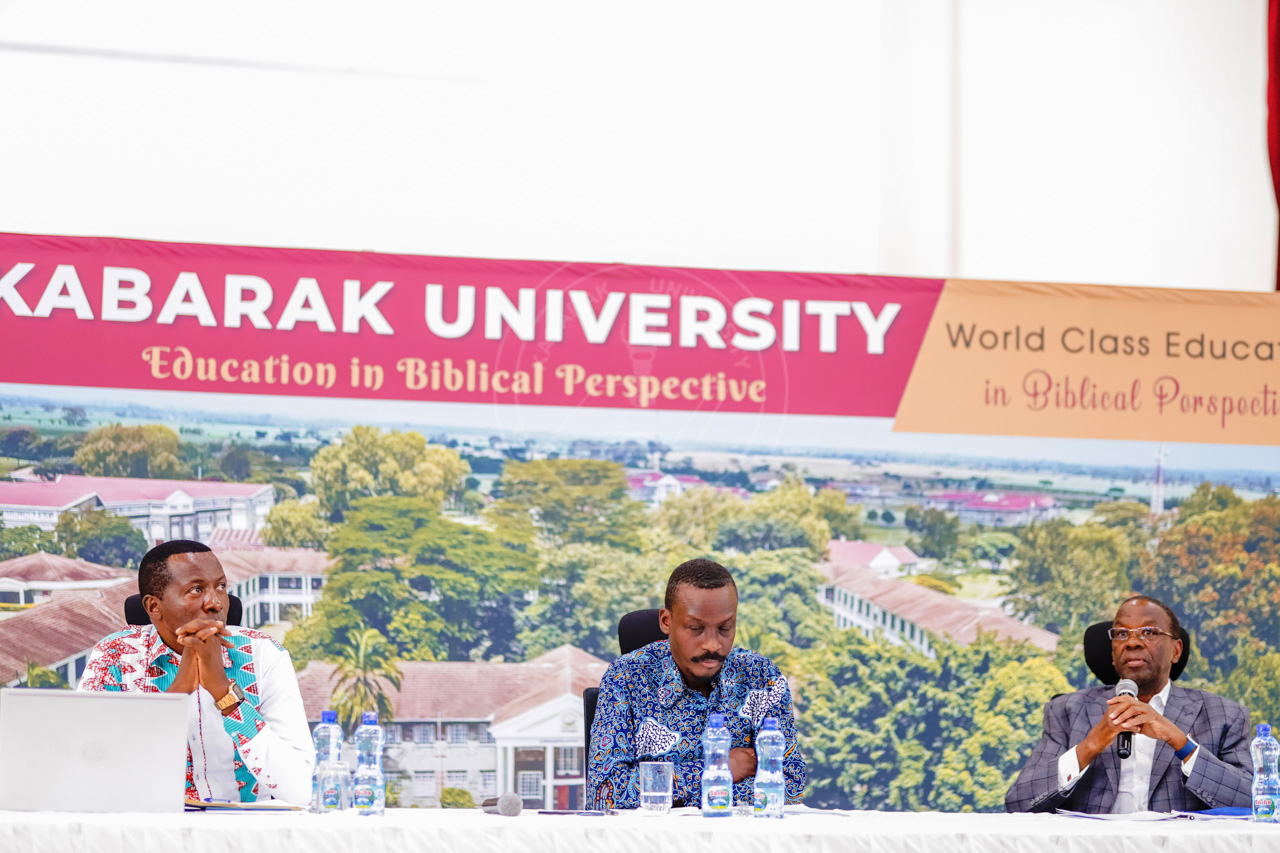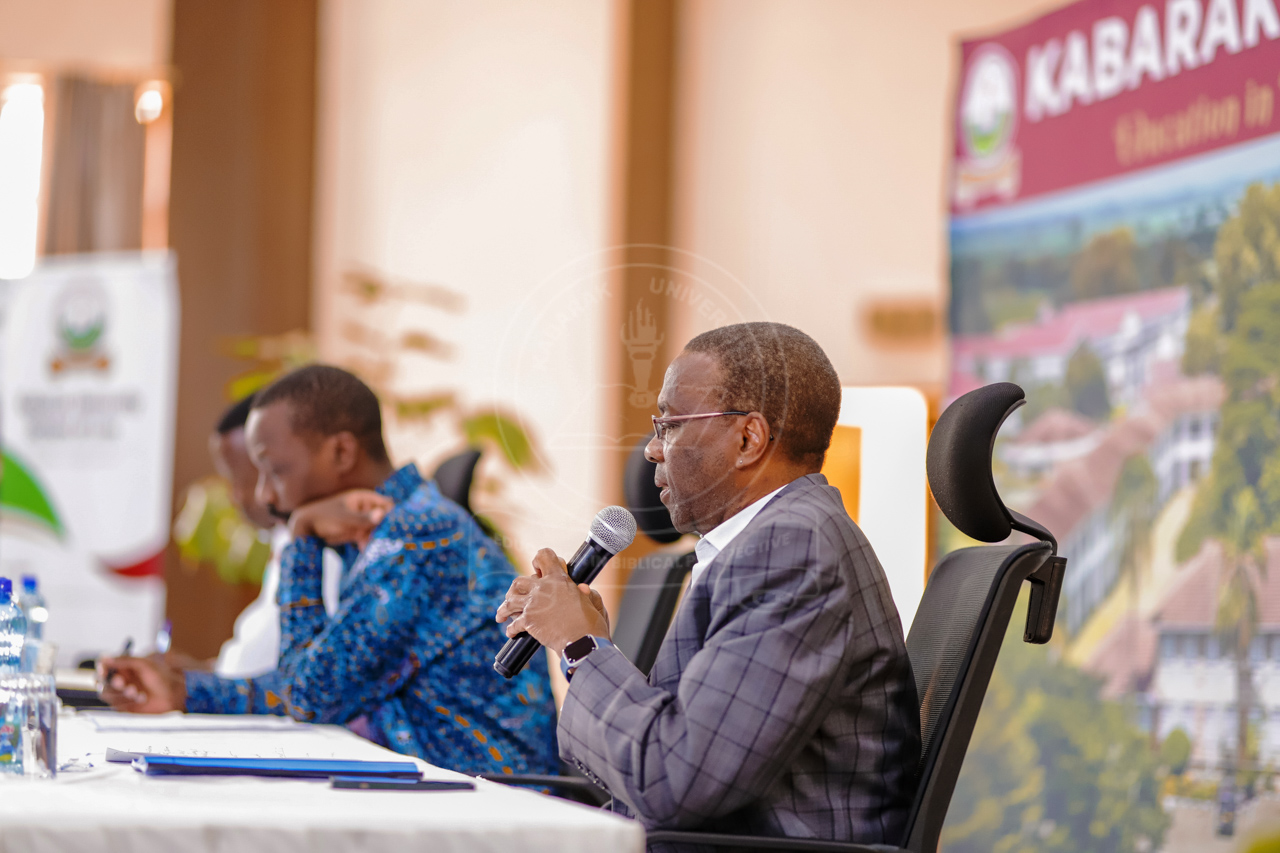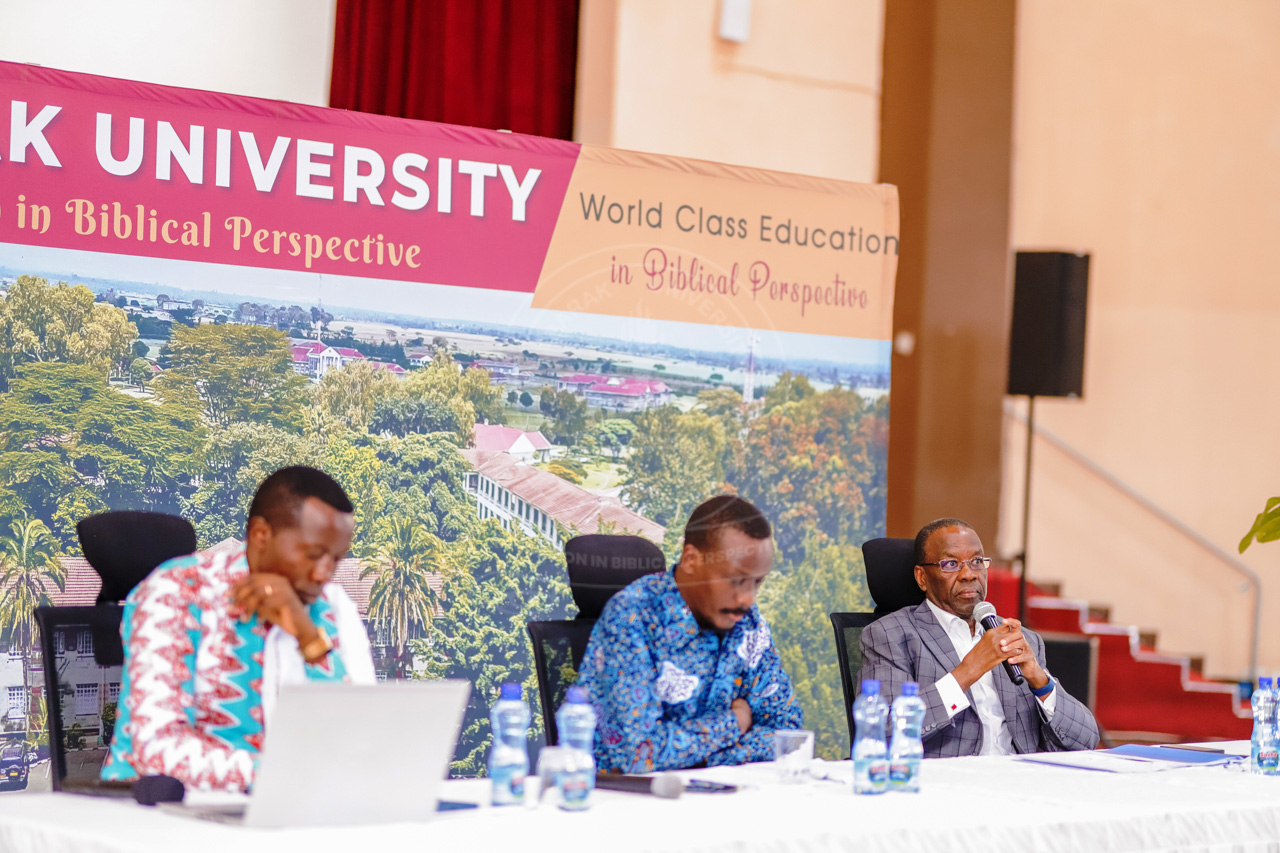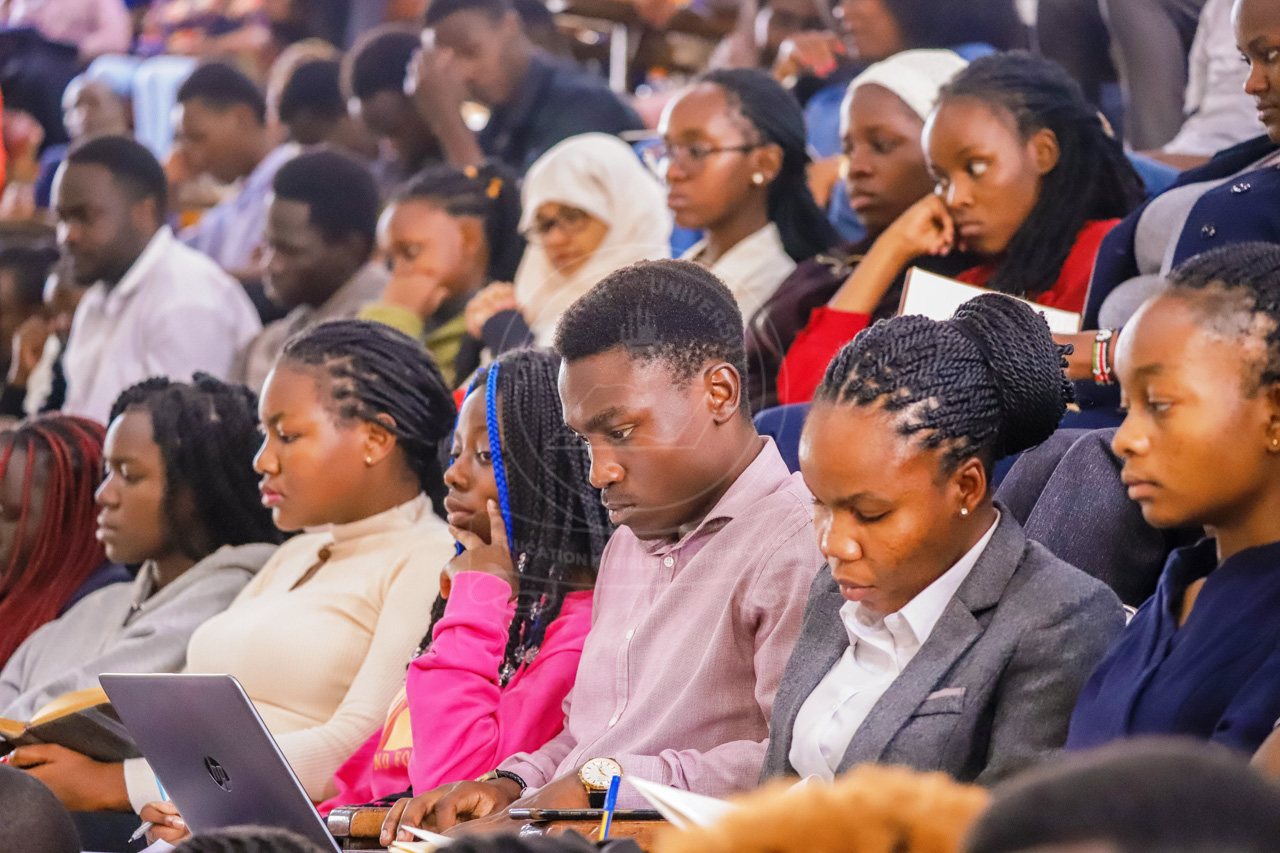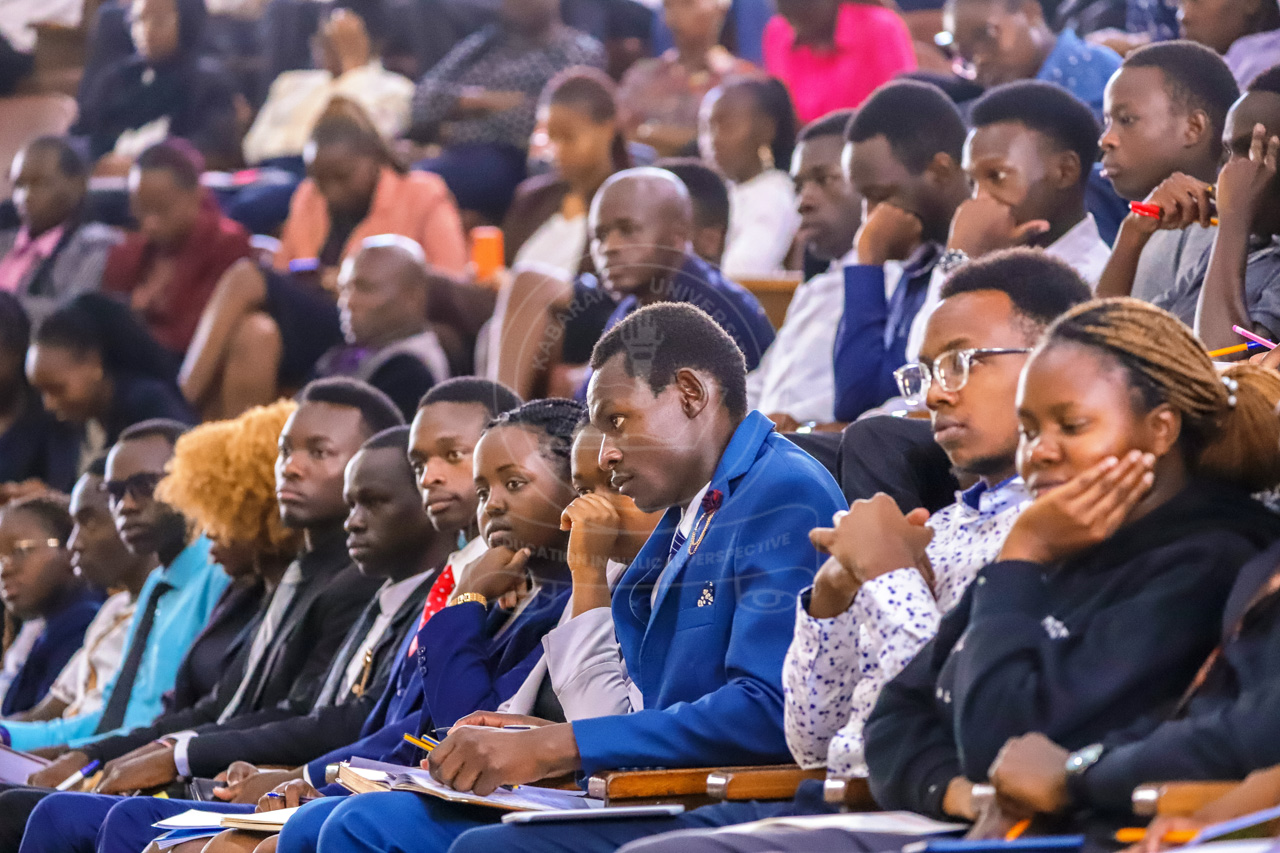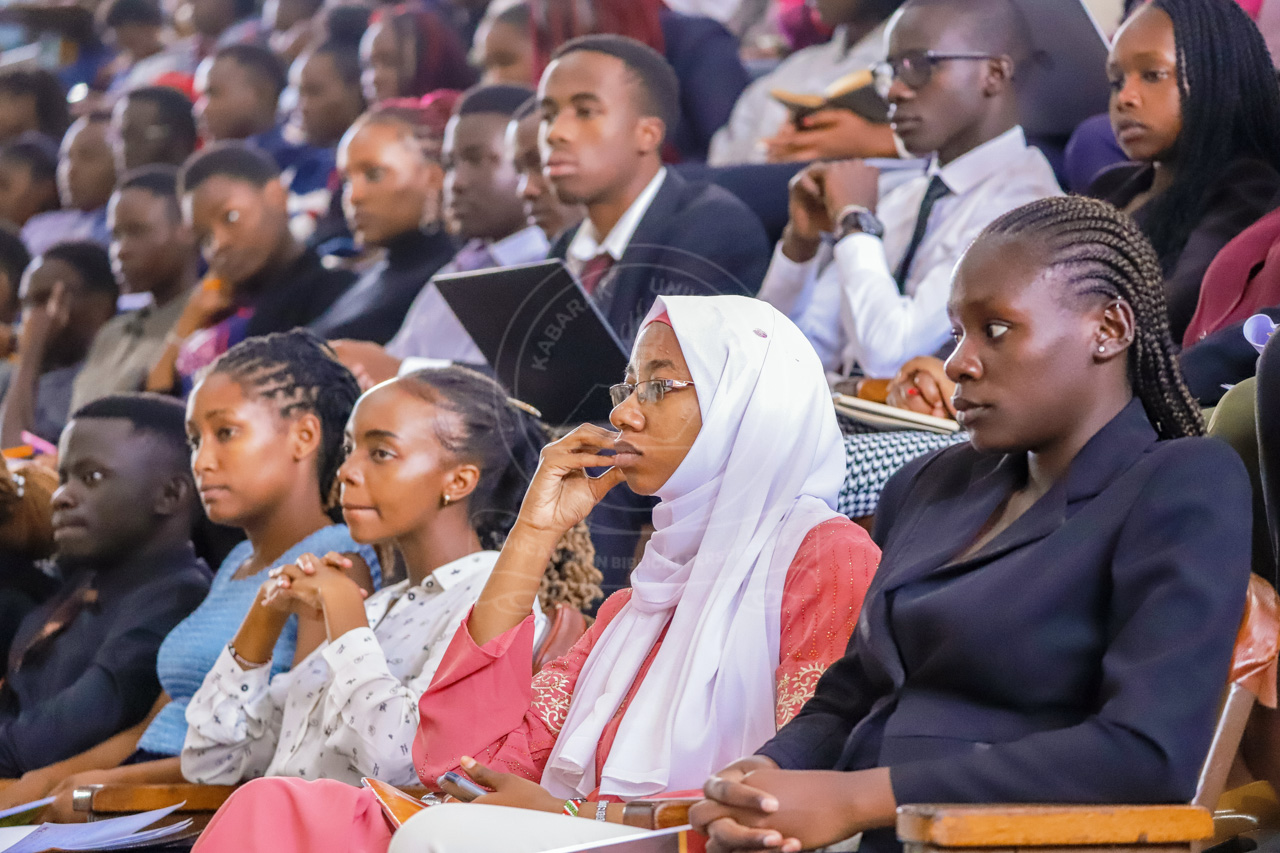The Grand debate on state and religion held by the Kabarak University Law school at the University Auditorium saw three notable figures sharing their views on the topic. The debate featured Professor Willy Mutunga, Adjunct professor public law at Kabarak University and Emeritus Chief Justice, the Dean of Kabarak University Law school Professor John Ambani, and the Kabarak University Chaplain Rev. Justus Mutuku.
The debate centered around the role of religion in the state, and the extent to which religion should influence the state's decisions. Rev. Justus Mutuku began by emphasizing the need for religious spaces to be inclusive of all individuals, regardless of their beliefs. He urged individuals to examine their own interpretations of religious scripture and work to eliminate any biases or prejudices that may exist.
Professor John Ambani added to this perspective, stating that a secular state does not imply the absence of religion. Rather, it is about the existence of various religions co-existing peacefully with one another. He argued that a secular state should not promote one religion over another, but rather allow individuals to practice their religion freely.
Professor Willy Mutunga highlighted the significance of the constitution in this debate. He noted that from the onset of Kenya's constitution, there is mention of God in the preamble. However, he emphasized that God is not limited to any particular religion or faith. Rather, the vision of a secular state is based on the principles of humanity, which are universal.
Furthermore, Professor Mutunga argued that religion should not be used as a tool to oppress individuals or groups within society. He emphasized that no religion is more powerful than the other and that all individuals should be free to practice their religion without fear of discrimination or persecution.
The debate on the role of religion in the state is a contentious issue that has been ongoing for centuries. The views presented by the panelists at Kabarak University Law school highlight the need for inclusivity and respect for individuals' religious beliefs. The principles of a secular state should not infringe on individuals' right to practice their religion freely.
The Grand debate on state and religion held at Kabarak University Law school provides a platform for individuals to explore different perspectives on the role of religion in the state. The views presented by the panelists emphasize the importance of inclusivity and respect for individuals' religious beliefs, and the need to create a society where individuals can practice their religion freely without fear of discrimination or persecution.


